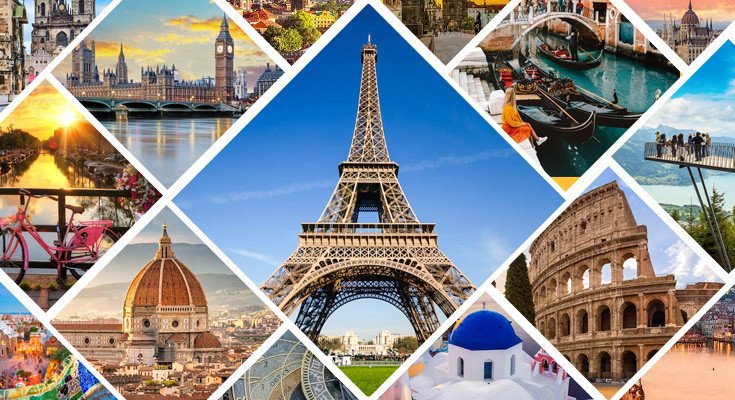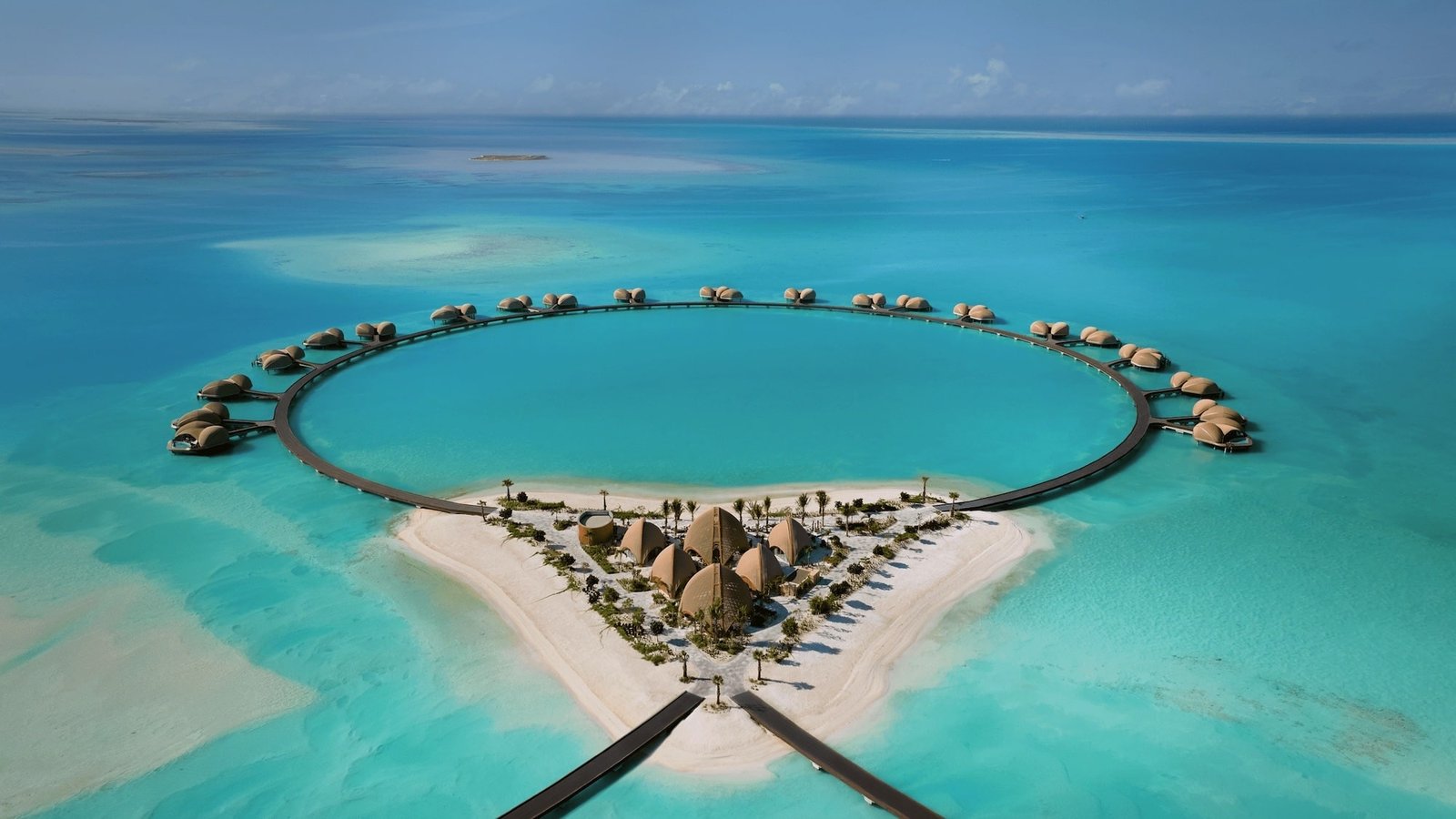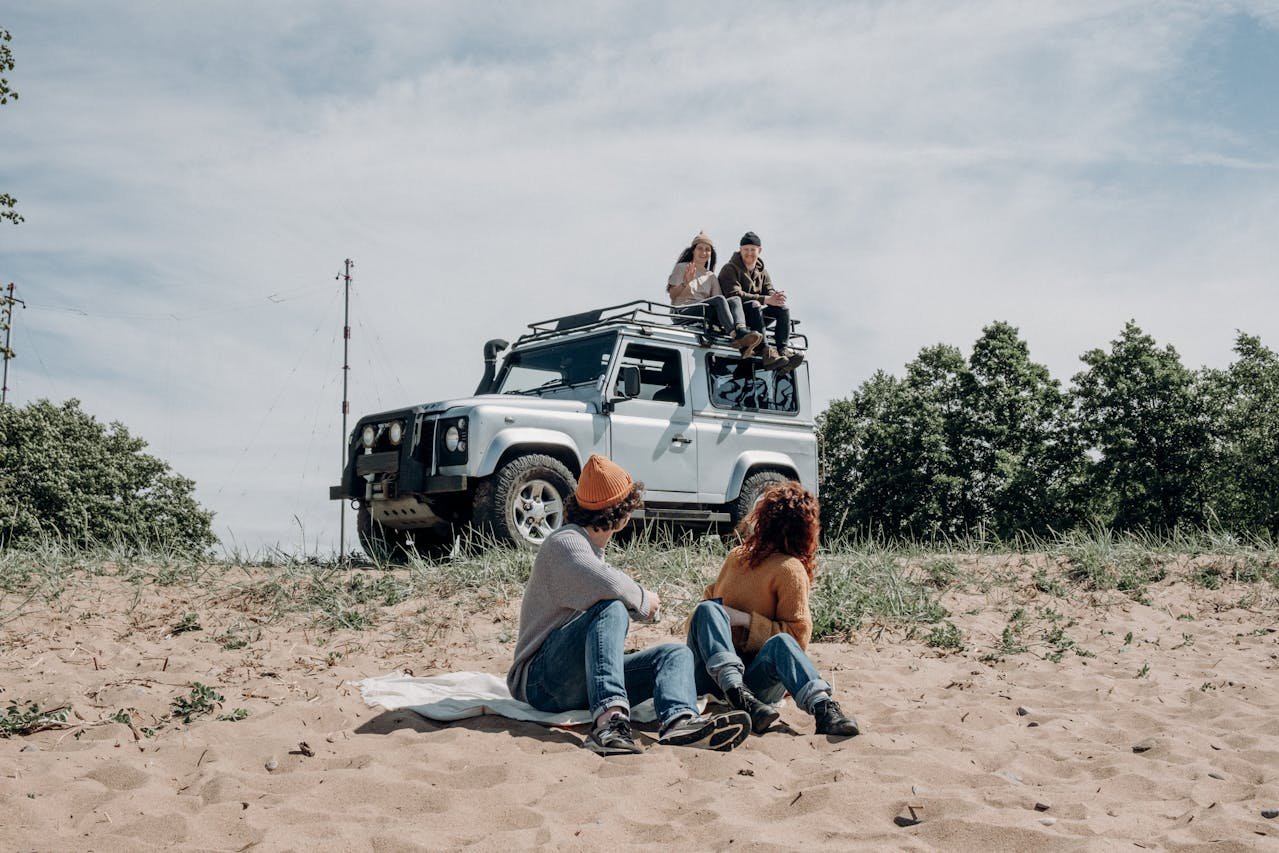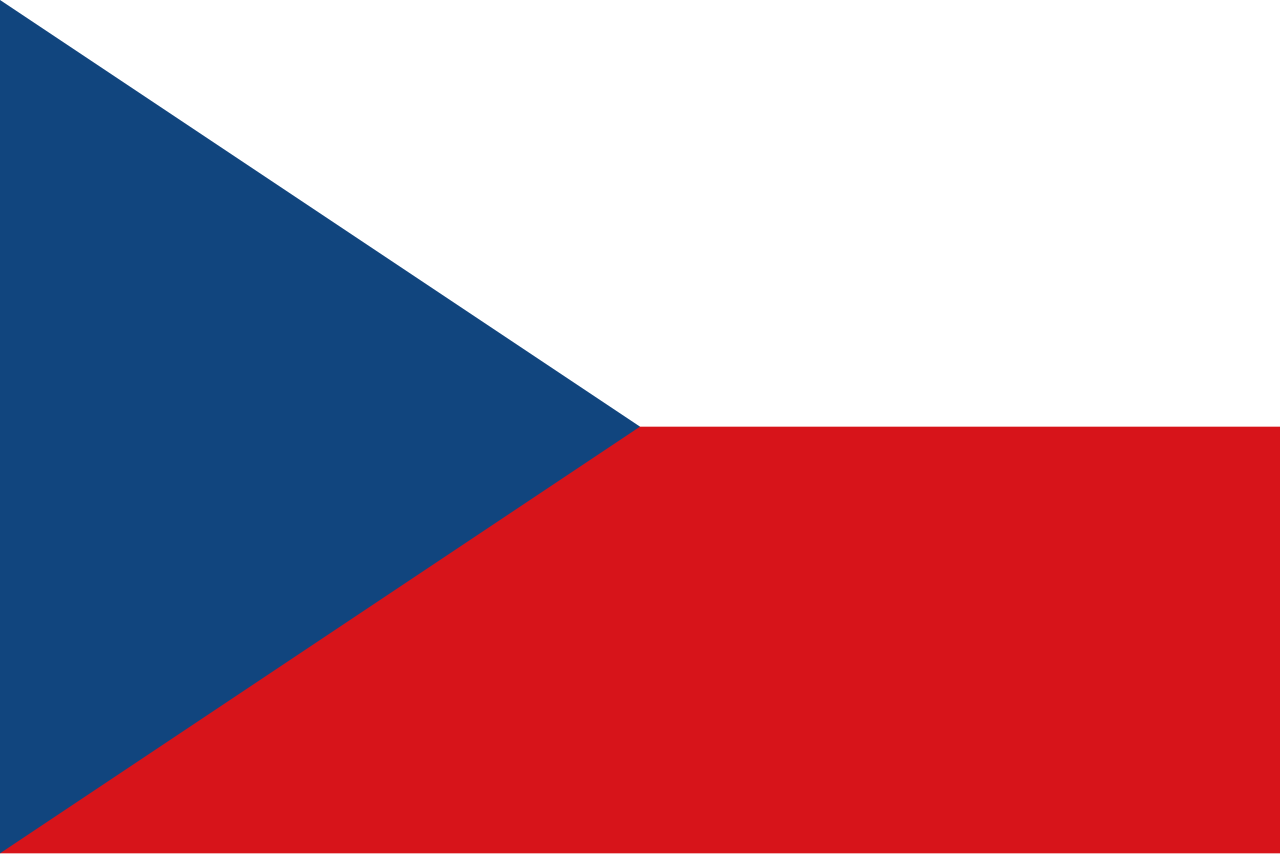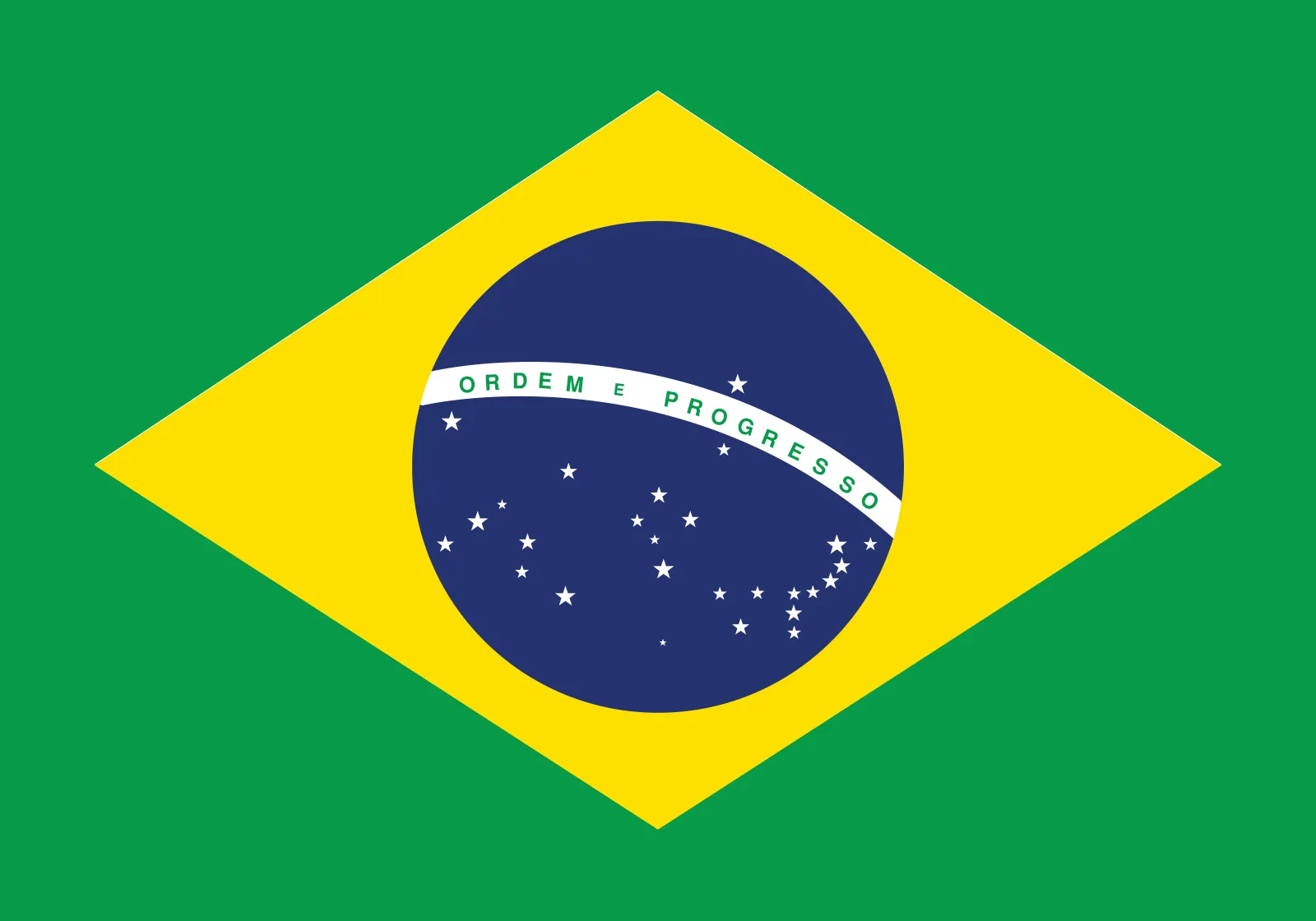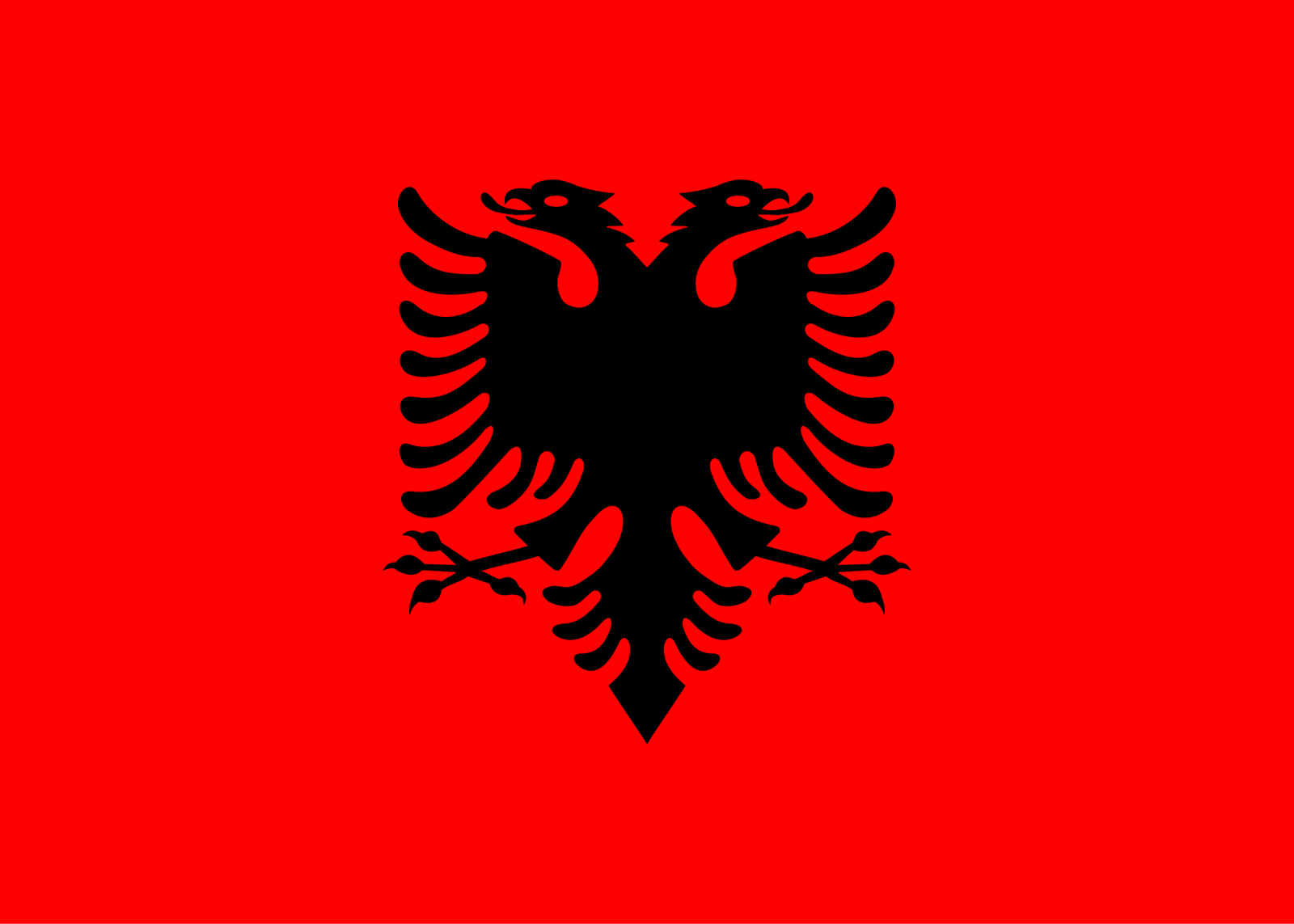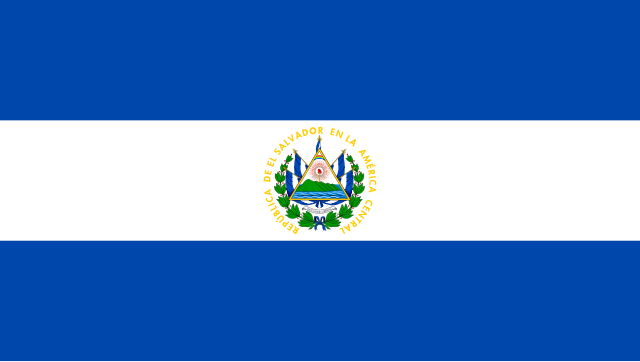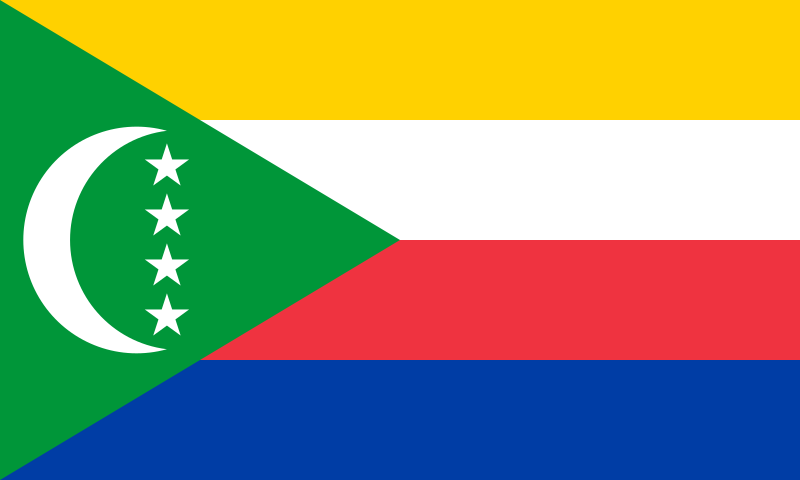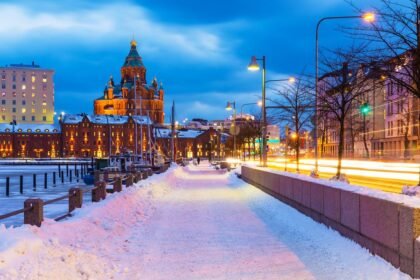Essential Facts About Algeria
Algeria, the largest country in Africa, is a land of contrasts, where Mediterranean beaches meet the vast Sahara Desert. Its history is shaped by Berber, Arab, Ottoman, and French influences, reflected in its architecture, cuisine, and culture. Arabic and Berber (Tamazight) are the official languages, with French widely spoken. The currency is the Algerian Dinar (DZD), and the capital, Algiers, is a vibrant city known for its white-washed buildings and lively culture.
Best Time to Visit Algeria
The best time to visit Algeria is spring (March to May) and autumn (September to November). During these months, moderate temperatures make it ideal for exploring the coast and desert regions. Summers can be scorching, especially in the Sahara, while winters are mild along the coast but cold in the mountains.
How to Get There
- By Air: The primary international gateway to Algeria is Houari Boumediene Airport in Algiers, with direct flights from Europe, the Middle East, and other African countries.
- By Sea: Ferries connect Algeria with southern Europe, with regular services from France and Spain to ports in Algiers, Oran, and Bejaia.
- By Land: Overland travel from neighboring countries is possible but can be challenging, particularly from Libya and Mali due to security concerns.
Getting Around
Algeria has an extensive transportation network. Domestic flights connect major cities, while a reliable rail system serves the northern regions. Long-distance buses are available for travel between cities, and taxis are a common mode of transport in urban areas. Car rentals are an option for those looking to explore more remote regions, but it’s advisable to have a local driver or guide due to road conditions and local driving customs.
Top Places to Visit
- Algiers: The capital, known for its mix of Ottoman and French colonial architecture, is a must-visit. The Casbah, a UNESCO World Heritage site, is a maze of narrow streets and historic buildings. Other highlights include the Martyrs’ Memorial, the Botanical Garden, and the vibrant shopping districts.
- Oran: A port city on the Mediterranean coast, Oran is famous for its raï music and lively atmosphere. Visit the Santa Cruz Fort for panoramic views, the Great Mosque, and enjoy the local seafood.
- Constantine: Known as the “City of Bridges,” Constantine is perched dramatically on a deep gorge. It’s a city with a rich history, offering stunning views and historical sites like the Palace of Ahmed Bey and the Cirta Museum.
- Tassili n’Ajjer: Located in the southeast, this UNESCO World Heritage site is famous for its prehistoric rock art, depicting scenes from thousands of years ago. The surreal landscapes of sandstone formations and the Sahara Desert make it a haven for adventure seekers.
- Timgad: An ancient Roman city, Timgad is a well-preserved archaeological site showcasing the grandeur of Roman urban planning. The site includes a triumphal arch, a theater, and a basilica.
Sample Itinerary
- Days 1-2: Algiers: Start your journey in Algiers, exploring the Casbah, Martyrs’ Memorial, and the vibrant Kasbah Market. Spend an evening at the Place des Martyrs, enjoying the local cuisine at a rooftop restaurant.
- Days 3-4: Oran: Travel to Oran to experience its lively atmosphere. Visit the Santa Cruz Fort, relax on the beaches, and immerse yourself in the local music scene.
- Day 5: Timgad: Take a day trip to the ancient Roman ruins of Timgad, marveling at the well-preserved structures.
- Days 6-7: Tassili n’Ajjer: End your trip with an adventure in the Sahara Desert, exploring the rock art and unique landscapes of Tassili n’Ajjer.
Accommodation Options
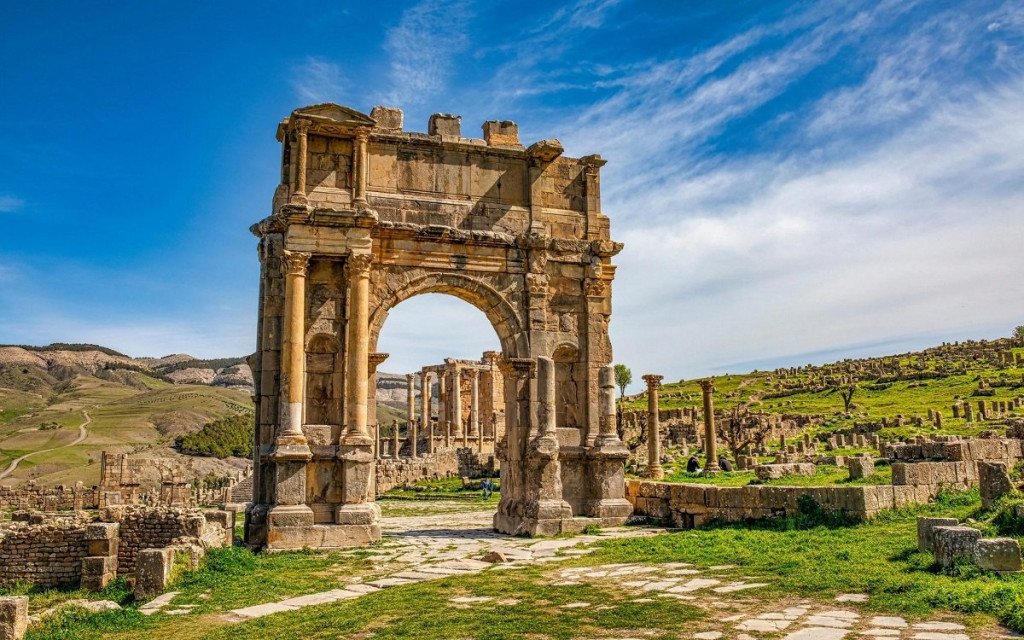
Algeria offers a range of accommodation options, from luxury hotels in cities like Algiers and Oran to more traditional guesthouses and desert camps. In Algiers, you can stay in historic hotels that offer a glimpse into the city’s past, while in the M’zab Valley, traditional mud-brick houses provide a unique experience. For a truly memorable stay, consider spending a night under the stars in a desert camp in the Sahara.
Culinary Delights
Algerian cuisine is a delightful blend of Berber, Arab, and French influences, characterized by flavorful dishes and aromatic spices. Must-try dishes include:
- Couscous: The national dish, often served with lamb, chicken, or vegetables.
- Mechoui: A succulent slow-roasted lamb dish.
- Chorba: A traditional soup made with meat, vegetables, and spices, often served during Ramadan.
- Makroud: A sweet pastry made from semolina and filled with dates or almonds.
Dining Tips
Algerians typically eat their main meal in the afternoon, with dinner being a lighter affair. Meals are often accompanied by fresh bread, olives, and harissa (a spicy chili paste). When dining in Algeria, it’s customary to leave a small tip, typically around 10% of the bill.
Cultural and Travel Tips
Algeria is a predominantly Muslim country, so it’s important to dress modestly, especially in rural areas and religious sites. While French is widely spoken, learning a few basic phrases in Arabic or Berber can be helpful. Photography is generally welcomed, but always ask permission before taking photos of people, especially in rural areas. Be aware of local customs and etiquette, such as removing your shoes when entering a home.
Safety Considerations
While Algeria is generally safe for travelers, certain areas, particularly near the borders with Libya, Mali, and Niger, are best avoided due to security concerns. It’s advisable to stay informed about the current situation and follow local advice.
Visa and Entry Requirements
A visa is required for most visitors to Algeria, and it should be obtained in advance from the Algerian embassy or consulate in your country. Ensure your passport is valid for at least six months beyond your planned stay, and carry copies of important documents with you. Upon arrival, you may need to provide proof of accommodation and a return ticket.
Shopping and Souvenirs
Algeria is a treasure trove for shoppers, especially those interested in traditional crafts. Some of the best items to bring home include:
- Berber Jewelry: Exquisite silver pieces adorned with coral, amber, and other gemstones.
- Carpets: Handwoven rugs from the Atlas Mountains, known for their intricate designs and vibrant colors.
- Pottery: Beautifully crafted ceramics, often decorated with geometric patterns.
- Leather Goods: High-quality leather bags, shoes, and jackets, often made using traditional techniques.
Best Places to Shop
- Algiers: The Casbah is a bustling marketplace where you can find a wide variety of traditional crafts, textiles, and jewelry. For a more modern shopping experience, visit the boutiques in Hydra or the commercial center in Bab Ezzouar.
- Tlemcen: Known for its handicrafts, especially textiles and ceramics, Tlemcen is a great place to find authentic Algerian souvenirs.
Outdoor Activities and Adventures
Algeria’s diverse landscapes offer endless opportunities for outdoor enthusiasts. In the Sahara Desert, you can embark on guided camel treks, go sandboarding on the dunes, or explore the unique rock formations and prehistoric art in Tassili n’Ajjer. The Ahaggar Mountains provide a stunning backdrop for hiking and trekking, with dramatic cliffs and deep gorges. For those interested in caving, the Tassili n’Ajjer region is home to numerous caves adorned with ancient rock paintings.
Wildlife and Nature
Algeria’s natural beauty extends beyond its deserts and mountains. The Tell Atlas and Saharan Atlas mountain ranges are home to diverse wildlife, including Barbary macaques, jackals, and a variety of bird species. The country’s coastal areas offer opportunities for bird watching, with migratory birds passing through during the spring and autumn.

